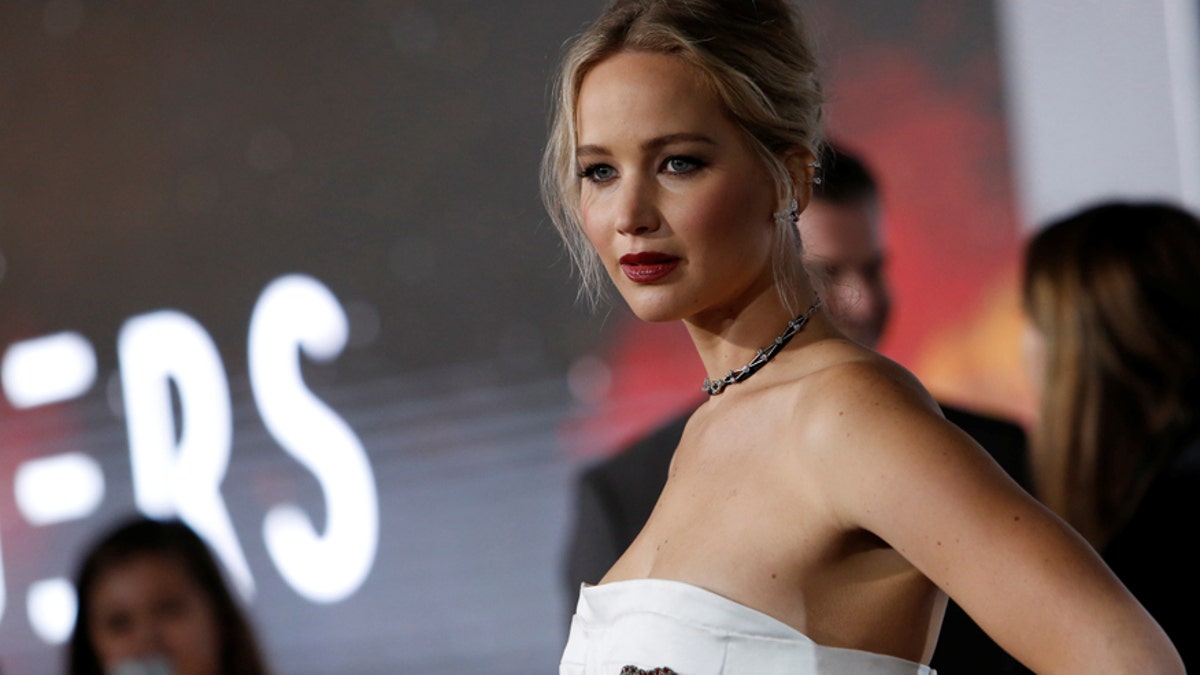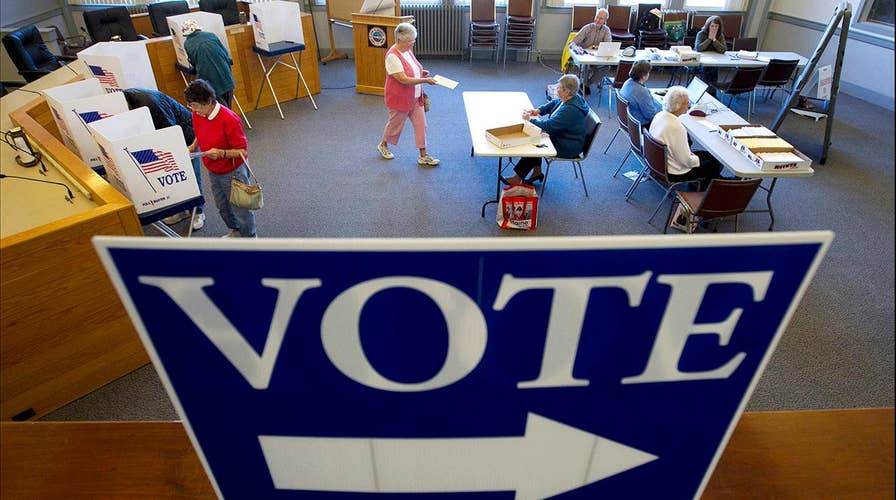Maine set to make electoral history
Maine to become the first in the nation to use ranked choice voting in a statewide primary. Molly Line reports.
Maine will make electoral history on Tuesday, becoming the first state in the nation to use ranked choice voting in a statewide primary.
“Let’s figure out what the consensus of voters want and how do we bring those voters together in a way that you get a chance to rank your choices, have your voice heard more clearly,” explained Kyle Bailey of the non-profit Committee for Ranked Choice Voting. “With ranked choice voting, you elect leaders more broadly so they're accountable more broadly.”
Voters approved the reform via a statewide ballot initiative in 2016.
The system will be used in several contests, including the Republican and Democratic primaries for governor. But, even as this first test unfolds, the future of the reform is uncertain.
Proponents, with celebrity support from actress Jennifer Lawrence, are fighting to preserve the change in yet another vote after state lawmakers voted for repeal following the first referendum.
In an online ad available for viewing on YouTube, Lawrence calls ranked choice “a simple, fair, and common sense form of voting.” The actress urges voters to go to the polls on June 12 to “protect ranked choice and our democracy by voting yes on question one.”
Here’s how it works: Voters rank the candidates in order of preference. If no candidate receives more than 50 percent of the votes, the candidate with the fewest first choice votes is eliminated. Ballots for that candidate then go to the voter’s second choice. The process repeats until two candidates remain and the one with the majority wins.
While proponents argue the new system will inspire civility in politics, opponents say the process is unconstitutional and confusing.

In an online ad available for viewing on YouTube, Jennifer Lawrence calls ranked choice “a simple, fair, and common sense form of voting.” The actress urges voters to go to the polls on June 12 to “protect ranked choice and our democracy by voting yes on question one.” (Reuters)
“The foundation of our elections is that we believe in “one person, one vote,” said Jason Savage, executive director of the Maine Republican Party.
Arguing they should be able to select their nominee the way they choose, the state GOP filed suit – but a federal judge tossed the case out. Still, the organization vows to fight on.
“A majority is, in our eyes, 50 percent plus one. Of all the ballots cast, ranked choice voting just throws a bunch of ballots out to get to the new fake majority,” Savage argues.
Ranked choice voting has been used at the local level in Portland, Maine and in other cities like Cambridge, Mass. and, most recently, in San Francisco.
On Tuesday, the voters of Maine will run the ultimate test of how the system works at the state level and they will determine if it will be used again in the future, including the November midterms.













































